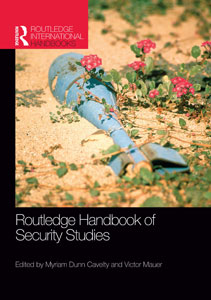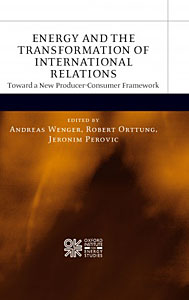
Zurich is famous for its bankers. But next week a different crowd will also populate the city: more than 400 academics, civil servants, military officials and journalists from dozens of countries are expected to gather at the Kongresshaus for the International Security Forum (ISF 2011, 30 May – 1 June). Ueli Maurer, Switzerland’s minister of defense, will open the conference on Monday.
The organizers of the ISF’s ninth edition, entitled “Regional and Global Security: Meeting Tomorrow’s Challenges Today”, have reacted to recent world events and dedicate the first plenary session on Monday to the revolts and revolutions in North Africa and on the Arabian Peninsula.
Will Egypt regain its natural role as the prominent regional leader? How would a change of regime in Syria affect the regional picture? Will the move towards more pluralistic political systems strengthen or weaken US influence? These are some of the questions that will be adressed by the keynote speakers John W Limbert (US Naval Academy), Volker Perthes (German Institute for International and Security Affairs, SWP), Yossi Alpher (bitterlemons publications) and Fawaz A Gerges (London School of Economics and Political Science).
Nuclear weapons, the migration-security nexus and public-private cooperation are on the agenda for Monday afternoon. The Forum will get more intimate on Tuesday: Invited participants will join one of several thematic tracks, ranging from “9/11 plus Ten” to “State Failure / State Building”.




